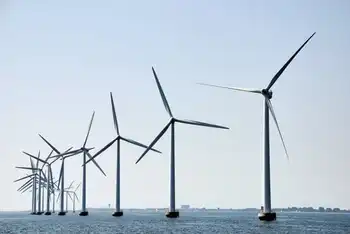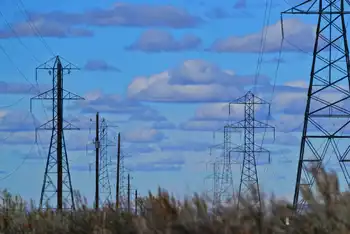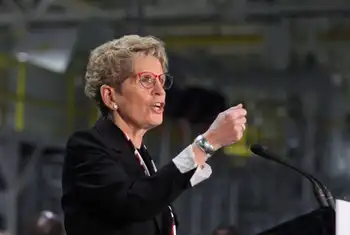Making car batteries a national security issue
By Globe and Mail
NFPA 70e Training - Arc Flash
Our customized live online or in‑person group training can be delivered to your staff at your location.

- Live Online
- 6 hours Instructor-led
- Group Training Available
This matters because batteries are the key to future electric vehicles. In fact, Bob Lutz, General Motors vice-chairman, says the electrification of the auto industry has begun and he's far from alone here.
Therefore healthy Detroit automakers are needed to help nurture a domestic lithium ion battery industry. Otherwise, Americans will end up trading a reliance on foreign oil for a reliance on imported foreign batteries.
This is not necessarily my argument, but it is what I am hearing from certain parts of the auto industry. And the national security issue does resonate with Americans.
The U.S. spends half a trillion dollars every year on its military, after all. Sure, the U.S. has to borrow billions from China to build aircraft carriers and fighter jets, but with a large chunk of the American populace, it's money well borrowed and well spent.
(We in Canada benefit because thanks to the Americans we need to spend almost nothing on our military by NATO standards; we carry on safely under the American security umbrella. But I digress.)
Here are some facts about batteries; you can decide the security question for yourself.
Two Japanese home electronics giants plan to become one. Panasonic Corp. has said is plans to buy Sanyo Electric Co. by year end. The combined Panasonic-Sanyo would represent a powerhouse supplier for the battery technology in hybrid and electric vehicles. Panasonic-Sanyo would dominate the market for nickel-metal hydride batteries and possibly for next-generation lithium ion batteries, too.
There are a handful of American battery startups such as A123 Systems Inc. (which is working with GM) and there are Asian players such as Hitachi Ltd., GS Yuasa Corp., Toshiba Corp. and NEC Corp. in Japan and South Korea's Samsung Group and LG Chem Group (the latter also working with GM). But a combined Panasonic-Sanyo would be a juggernaut by comparison.
Sanyo is already the world's top producer of lithium ion batteries, putting most of them in cell phones and computers. Now Sanyo wants 40 per cent of the market for hybrid car batteries by 2015.
Panasonic accounts for 83 per cent of the world's nickel-metal hydride batteries used in vehicles such as the Toyota Prius hybrid. By the early 2010s, it plans to make enough batteries for one million hybrids.
I mention the Prius because Toyota owns 60 per cent of Panasonic EV Energy Co., which is Panasonic's car battery arm. Toyota would enjoy an even more promising relationship with its battery supplier if and when Sanyo comes in house with Panasonic.
The obvious argument battery makers will offer is that they will sell to anyone, so don't worry. Sure they will. But surely they are more likely to sell their best stuff to the owners first (Toyota in this case for Panasonic) and if battery supplies are tight, surely the owners will get the bulk of whatever supply is available, too.
Automakers without a locked- in battery partner might not be so thrilled with the Panasonic-Sanyo combination. Honda Motor Co., which next April will launch its new Insight hybrid, buys batteries from Sanyo. So does Ford Motor Co.
The quiet cornering of the green-car battery business – overseas, not in North America – will surely be seen as a national security issue in the U.S. For some it plays a significant role in bailout negotiations for the Detroit Three.











